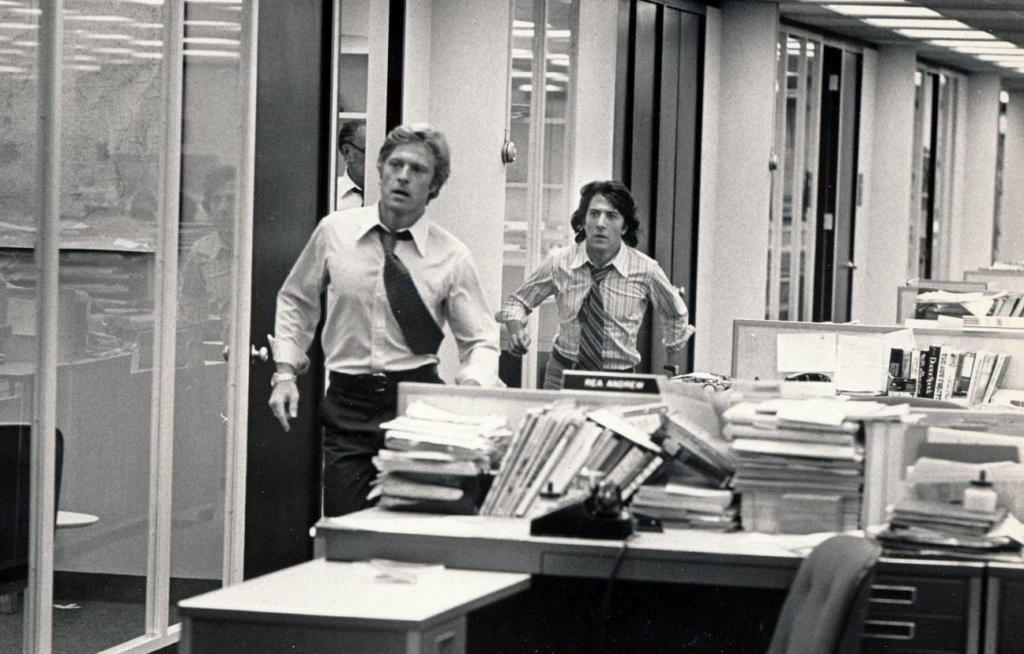Many of us have heard the story of a regretful young George Washington who, upon being accused of harming his father’s cherry tree, said something along the lines of, “I cannot tell a lie … I did cut it with my hatchet.”
This story perfectly illustrates the well-understood and universally accepted axiom that honesty is the best policy. Yet, despite this, not everyone is honest. Why is that?
If you ever have a chance to visit George and Martha Washington’s home in Mount Vernon, look a little more deeply into Mason Locke Weems’ biography, “The Life of Washington,” in which he describes the mythic cherry tree incident.
“Pa,” said George, very seriously, “Do I ever tell lies?”
His father goes on to say, “No, George, I thank God you do not, my son,” but then he follows up with an acknowledgment that is truly humble and mature, saying that many parents “Compel their children to this vile practice, by barbarously beating them for every little fault; hence, on the next offence, the little terrified creature slips out a lie! Just to escape the rod.”
I would hazard a guess that most parents on our lovely Island are of the same opinion as George Washington’s fabled father. We recognize that lies are often not the result of inherent immorality or a desire to trick and fool other people. Lies are how we seek to avoid consequences we fear.
In the challenging world of journalism, everyday, average, normal, fallible human beings are constantly putting their reputations on the line as they publish what they believe to be true at that moment. Read those last three words again. “At that moment.” What, dear reader, is a journalist to do, when a few moments, weeks, months, or years later … they learn better?
If you have a movie night coming up, let us recommend one of these: All the President’s Men, Absence of Malice, Mr. Jones, The Paper, The Post, Call Northside 777 (if you love Jimmy Stewart in “It’s a Wonderful Life,” I suspect you’ll love this, too), and who could possibly forget Spotlight, which won the 2016 Best Picture winner, depicting how the Boston Globe’s investigative unit exposed a sexual abuse scandal in the city’s all-powerful Catholic Church?
The power of the pen is indeed mighty, but it comes with a heavy burden of responsibility. For a journalist, second only to doing one’s absolute best to get the story right the first time around, is a commitment to putting forth the same effort when significant updates and corrections arise, especially when they are of commensurate importance to society.
Realistically, for this to happen, society must invite, encourage, and support journalists who correct the record. We must honor and reward them. Sing their praises. And show our gratitude and respect. We must make it safe to tell the truth.
Which brings us back to the title of this article. How does a mistake become a lie? It’s simple. When a journalist discovers they’ve made a mistake, we expect them to correct the record. LOUDLY. If they do this, our trust in them is strengthened. If they don’t … if they let the error stand, dodge their responsibility, duck and run, or obfuscate the truth by ignoring it? Then they become a liar. By default.
Liar prevention recipe: Retract proven errors loudly and replace them with new, better information.

